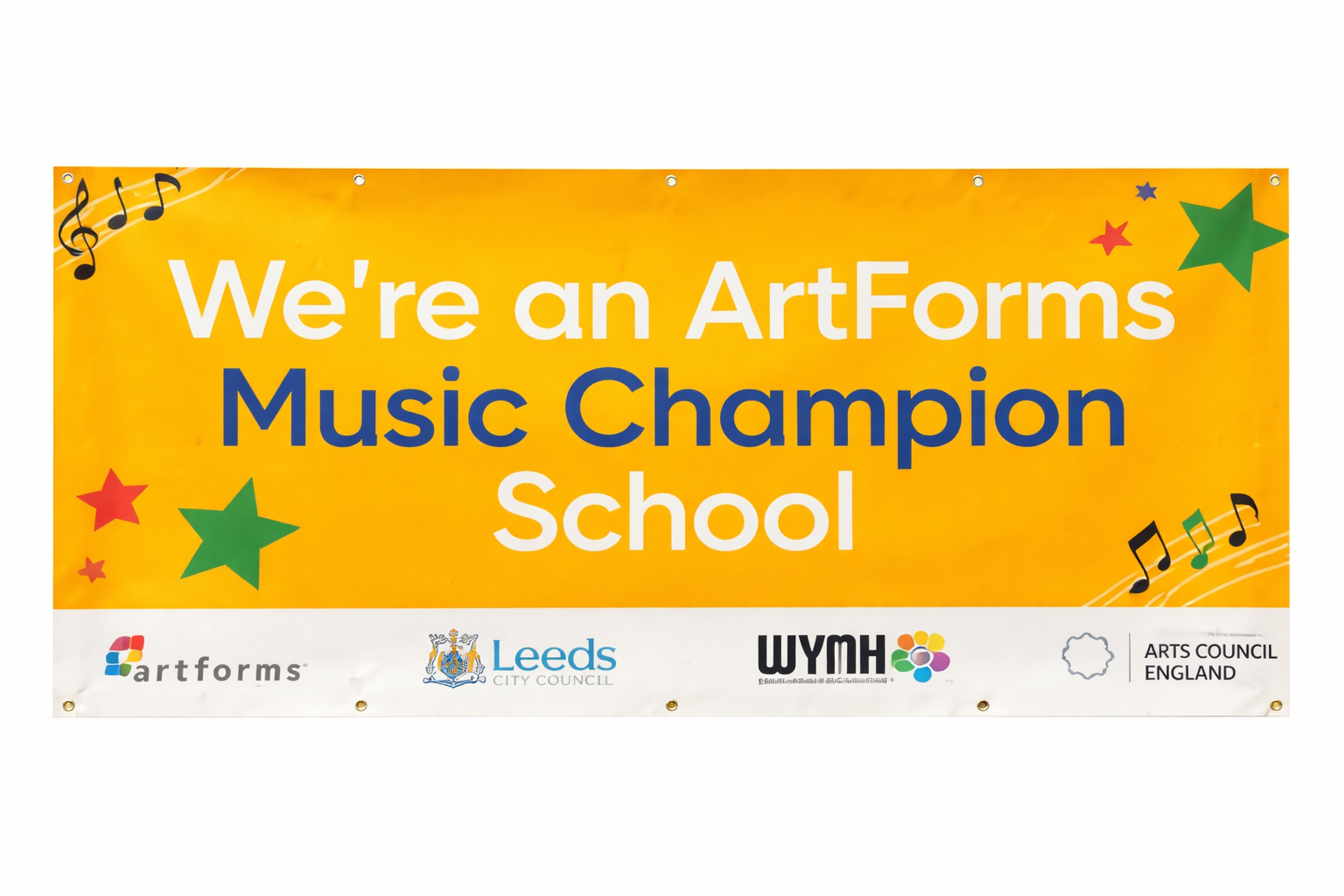
Welcome
At Tranmere Park Primary School, we believe every child’s school days should be magical. Our ethos, “Be yourself, be your best, be Team Tranmere”, is at the heart of everything we do. It means that every child is encouraged to celebrate who they are, aim high, and feel proud to be a part of our inclusive and caring school community - from our Pre-School Ducklings to our Y6s preparing for High School.
We are incredibly proud to be one of the highest attaining schools in Yorkshire and to be recognised in The Times list of the best state schools in the country. But what matters most to us is that children leave Tranmere with a love of learning, a sense of confidence, and happy memories of their time here.
Our dedicated staff make learning exciting and purposeful, helping children to believe in themselves, support each other, and develop curiosity that lasts a lifetime. We want our pupils to feel brave enough to try new things, kind enough to cheer on their friends, and resilient enough to keep going when things are tricky.
Life at Tranmere is about much more than lessons. From sport and music to drama, art, and leadership opportunities, our children throw themselves into new experiences with enthusiasm. These opportunities help them discover new talents and passions, build friendships, and grow in confidence – all while knowing they are part of something special: Team Tranmere.

 Adventures
Adventuresbeyond
the classroom
 Curriculum
Curriculum
Children at Tranmere Park are taught in a well equipped, stimulating environment by a team of talented and dedicated staff. The school is fortunate to be situated in an attractive setting and enjoys an excellent local reputation.
 Sporting Achievement
Sporting Achievement  Enrichment
Enrichment















Social Media